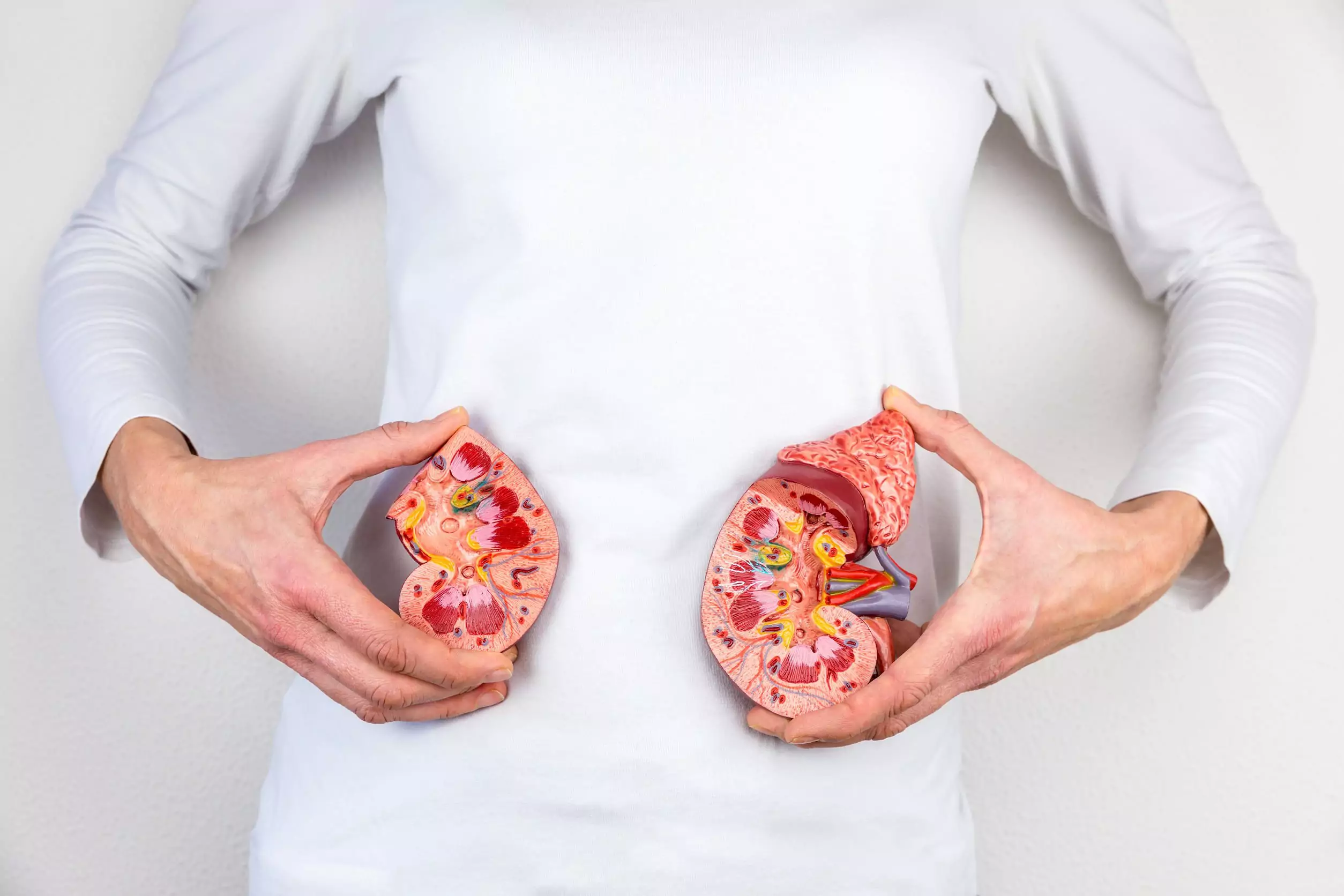How Long Can You Stay in Stage 3 Kidney Disease?
Once you’ve reached stage 3 chronic kidney disease (CKD), you have moderate kidney damage and will start to experience physical symptoms. For those who have CKD, you may be wondering how long you can stay in stage 3 kidney disease. While you can’t reverse the kidney damage you already have, you can prevent and/or slow down disease progression.
Can stage 3 kidney disease be reversed?
According to Dr. Alina Livshits, M.D., an internal medicine physician with Fairview Health Services, “Once you get to Stage 3, it’s generally considered to be irreversible. The good news is that the majority of Stage 3 patients do not progress to the more severe stages.”

While there is no way to reverse chronic kidney disease at stage 3, you can prevent disease progression by working with your nephrologist (kidney specialist) and the rest of your care team to properly manage the disease.
How fast does stage 3 CKD progress?
This depends on a number of factors that will vary by patient. These include “age, the underlying diagnosis, the implementation and success of secondary preventive measures, and the individual patient,” according to Medscape. Studies have been done, however, to learn how to best predict progression from CKD to kidney failure.
One such study found that the following all suggested faster disease progression:
- Lower estimated glomerular filtration rate (eGFR)
- Higher albuminuria
- Younger age
- Male sex
The same study also found that a higher risk of kidney failure could be predicted by a:
- Lower serum albumin, calcium, and bicarbonate level
- Higher serum phosphate level
Stay on top of your CKD
Responsum for CKD empowers people with kidney disease through community, knowledge, and shared experiences
How can you slow progression of kidney disease?
The following steps can be taken to help prevent kidney disease progression in any of the five stages of CKD:
- Make a treatment plan with your nephrologist, including a schedule of how often your kidneys should be checked.
- Manage well any other related medical conditions, like diabetes and high blood pressure. If you have either of these, speak to your doctor about blood pressure medicines, called ACE inhibitors and ARBs, which can help keep kidney disease from worsening.
- Eat a kidney-friendly diet and monitor your intake of protein, phosphorous, potassium, and sodium. A renal dietitian can help you determine the best diet for your unique situation.
- Get 30 minutes of activity a day, five days a week.
- Maintain a healthy weight.
- Quit if you smoke tobacco, and do not start smoking if you don’t already.

Regular exercise is one of the important lifestyle changes you can make to slow disease progression.
(This image is from Freepik.)


